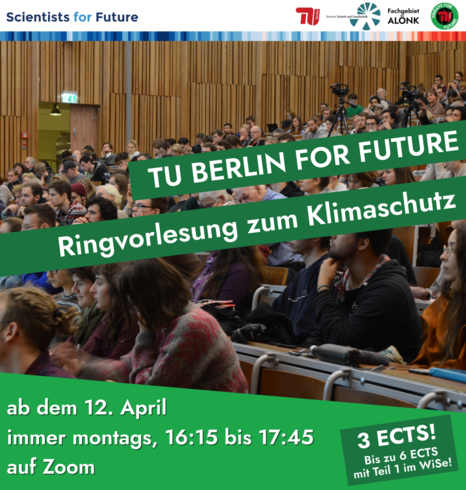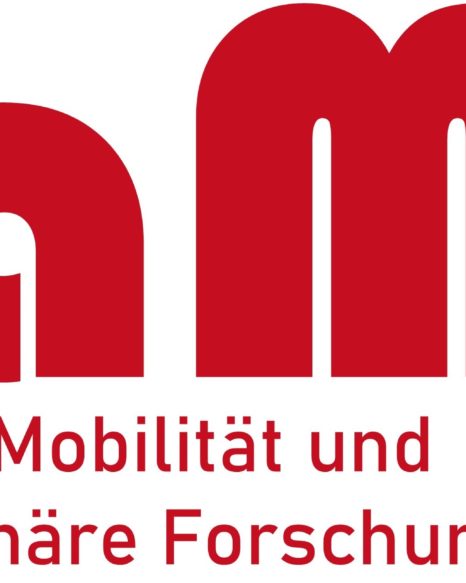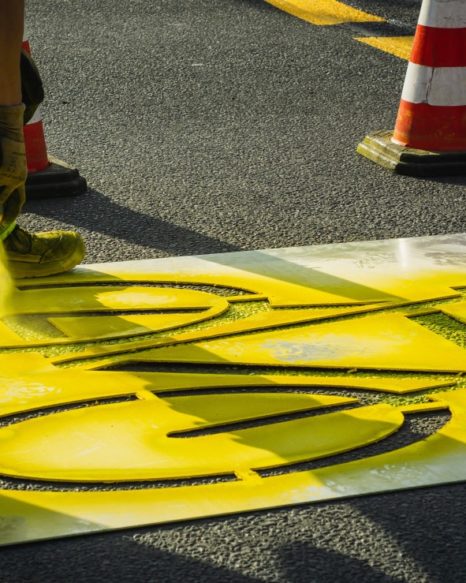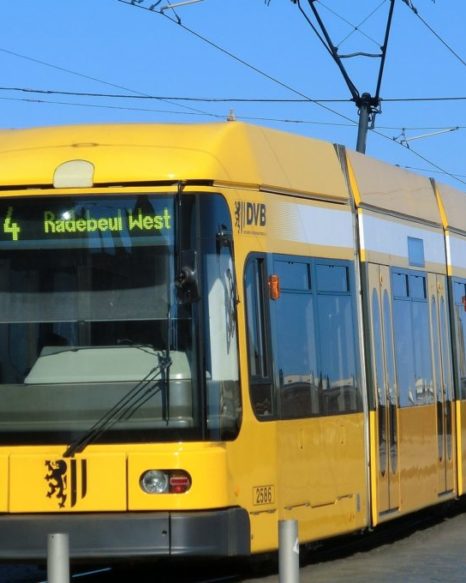Cities play a major role in tackling the COVID-19 pandemic as many measures are adopted at the scale of cities and involve adjustments to the way urban areas operate.
Drawing from case studies across the globe, this book explores how the pandemic and the policies it has prompted have caused changes in the ways cities function.
The COVID-19 pandemic has drastically changed mobility behaviour. Many trips have been reduced due to the restrictions in everyday life, public transport has been shunned as a common means of transport, and in its place, there has been a shift to the private car as well as to walking and cycling. This article first analyses the developments and impacts of the pandemic on mobility. It then shows which new pathways transport policy and administration are taking to cope with the crisis.
TU Berlin for Future – die Ringvorlesung zum Klimaschutz Die Corona-Krise ist bereits eine große gesellschaftliche Herausforderung. Doch die Klima-Krise wird uns noch viel stärker fordern. Deshalb sind jetzt...
The demand for bicycles is greater than ever: In the pandemic, many people discovered cycling as a means of transport. It's good for you as well as the climate - and it makes you happy. Why is that? Sophia Becker in conversation with flow magazine.
Forschungskolloquium des Fachgebiets Nachhaltige Mobilität und transdisziplinäre Forschungsmethoden (NaMo) Sommersemsester 2021
Termin: mittwochs (14-tägig), 14:30 bis 15:30 Uhr, Online-Veranstaltung
TU Berlin for Future – die Ringvorlesung zum Klimaschutz Die Corona-Krise ist bereits eine große gesellschaftliche Herausforderung. Doch die Klima-Krise wird uns noch viel stärker fordern. Deshalb sind jetzt...
It was one year ago that the first pop-up bike lane was established in Berlin at Hallesches Ufer. Many more followed - especially in the district Friedrichshain-Kreuzberg. Air quality measurements on Kottbusser Damm show that cyclists are now exposed to less air pollution in the form of nitrogen dioxide (NO₂) than before the pop-up bike lanes were set up - regardless of the pandemic.
The MODUS-COVID report of 05.02.2021 deals with the current contact reductions and possible slight relaxations. Sophia Becker contributed to the report, among other things to bring in a behavioural psychology perspective.
Prof. Dr. Sophia Becker, Leiterin des Fachgebiets Nachhaltige Mobilität und transdisziplinäre Forschungsmethoden an der Technischen Universität Berlin, nahm am 19.01.2021 auf Einladung der Fraktion DIE LINKE. als Sachverständige an der Anhörung des...
Sophia Becker was invited by the Swedish radio station Sveriges Radio to compare the transport policies of different European cities at the time of the Corona Crisis.





